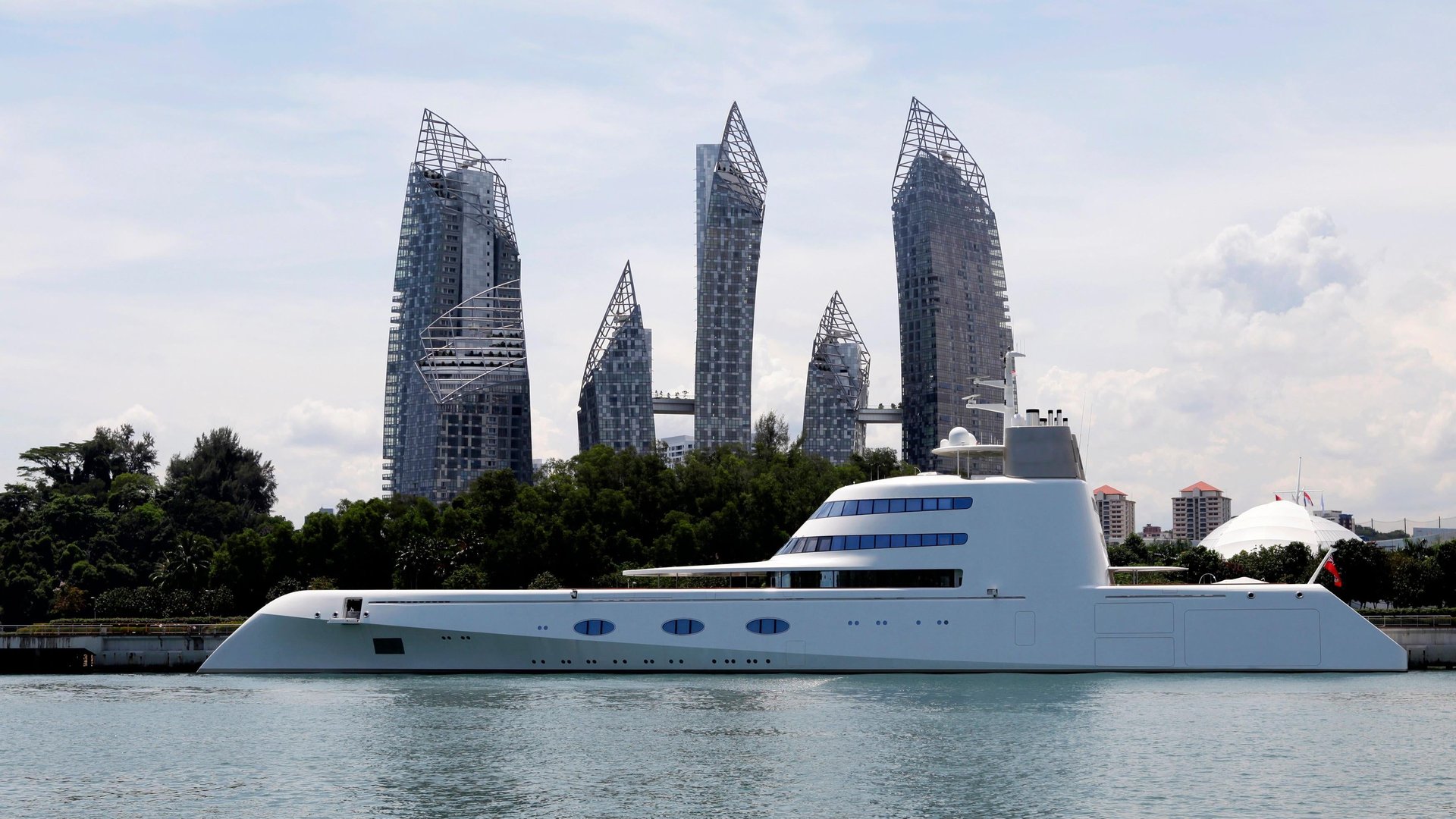A 2% tax on the world's billionaires would raise $250 billion a year
That's half the extra public revenue that developing countries need to tackle climate change

Under a proposed plan, the world’s few thousand billionaires would help generate hundreds of billions of dollars in tax payments each year.
Suggested Reading
Instituting a robust, loophole-free, minimum tax on billionaires, equal to 2% of their wealth, would raise almost $250 billion annually, according to a new report (pdf) by the EU Tax Observatory. Established in 2021, this consortium of academics helps the European Union fight tax abuse.
Related Content
The idea is to mimic the global Pillar Two tax, an agreement that would see companies pay 15% tax on multinational profits. The 2% rate isn’t a huge ask, given that the wealth of global billionaires has grown at 7% per year on average since 1995, adjusted for inflation.
All of that extra tax revenue could plug several gaps, the EU Tax Observatory maintains. First, it could address the growing need for public investment in education, health, infrastructure, and the transition to net-zero carbon emissions. Second, it could help to limit the rise of economic inequality and to democratize ownership. A third potential benefit: improving tax compliance and facilitating broader tax reforms.
Charted: Where the most billionaire tax would come from
$500 billion: Additional public revenue that developing countries need to address the challenges of climate change, according to a 2022 report by the Independent High-Level Expert Group on Climate Finance. Half of that total could be supplied by the suggested 2% billionaire tax.
Quotable: Global tax policy is ever-changing
“While some may view these legal evolutions as utopian, it is worth remembering that some of the key progress made over the last 15 years—the automatic exchange of bank information, and the global minimum tax on multinational profits—were largely viewed as utopian 15 years ago. The lesson from recent history is that new forms of international cooperation long deemed impossible can emerge relatively quickly when the issues are explained clearly and rigorously, technically feasible solutions exist, and the political will to implement them exists in at least one ‘first-moving’ country. Current laws and treaties cannot be the final word on the issue of how to regulate taxation in an inter-connected world. The law will keep adapting, new treaties will be written, as has happened throughout history.”
–EU Tax Observatory Global Tax Evasion Report 2024
Why tax only billionaires?
Worldwide, billionaires have low personal income tax rates. One estimate pegs their share at effectively 0-0.5%.
Also, unlike the other ultra-rich—centimillionaires, decamillionaires, and so on—billionaires are a small, visible group, “making it relatively easy to implement the tax,” the EU Tax Observatory noted. This is especially important because such a tax “requires substantial progress in information reporting and international information exchange.”